The DC Humanities Truck Fellows include a multi-disciplinary array of scholars, both faculty and graduate students, who are committed to the practice of community-based research. The Truck Fellows are committed to an ethically grounded, collaborative research process as they engage communities in the DC metropolitan region. The truck project creates an exciting tool that draws these Fellows together to engage in deeper dialogue with one another in order to help enhance each other’s practice.
Humanities Truck Team 2024-2025
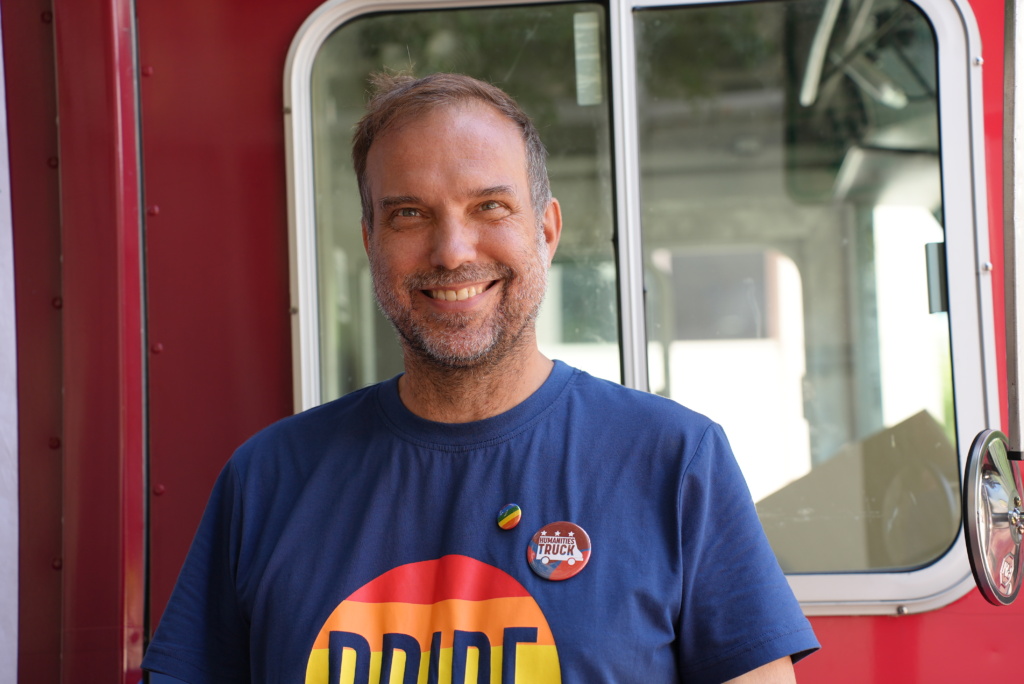

Dan Kerr
When he dreamed of being a truck driver as a child, Kerr never envisioned himself driving the Humanities Truck. But who knew how much fun that could be? Working alongside other visionaries at American University, Kerr, an associate professor of history at AU, spearheaded and now directs the Humanities Truck Project. He is an active community and oral historian committed to the democratization of knowledge production. He is the Past President of the Oral History Association and directs American University’s Public History program. Since his earliest work with the Cleveland Homeless History Project, he has sought out ways to bring the oral histories he has collected back to the communities they originated from. Through community workshops, participants in his projects have collectively reflected upon and interpreted the gathered stories. He is currently working on the Mobilizing Against Homelessness project, which seeks to document and amplify the voices, perspectives, and analysis of those currently experiencing homelessness. In addition to his work as director, Dan also served as a project fellow in 2018-2019 with a project titled "Whose Downtown? The Past and Future of the Federal City Shelter."
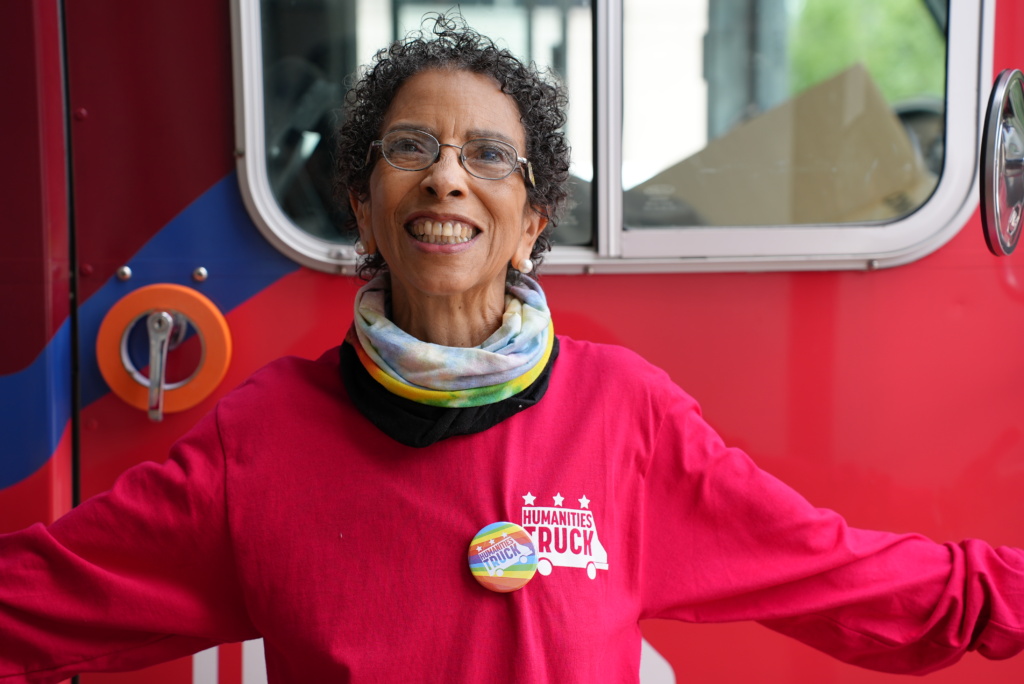

Angie Whitehurst
Angelyn (Angie) Whitehurst, is a native Washingtonian and active community who advocates for the homeless, the residents of the city, and for the country. She is a writer, poet, artist, actor, and film producer who also volunteers, serves on the Board for the DC Peace Team, and is a regular contributor to Street Sense Media and other local newspapers. Angie brings a plethora of experience having worked for the local government, federal government, and overseas.
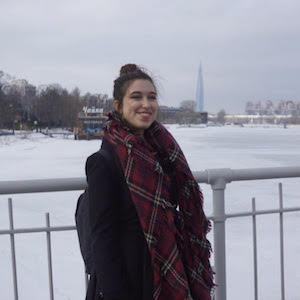

Gabriella Folsom
Gabriella Folsom is a first-year graduate student in American University’s Public History MA program, and her work focuses on accessibility in digital collections as well as managing operations at public history institutions. She received two bachelor’s degrees from AU in 2020, majoring in history and political science with a minor in Russian language. She uses her administrative background to support work in the humanities and provides financial management and operational support for the Humanities Truck. Her day job is as an administrative specialist at the Library of Congress. Her research interests include working with digital archives and cultural, Russian, and Soviet history. In her free time, she can be found with her two kittens, Kiwi and Daisy.
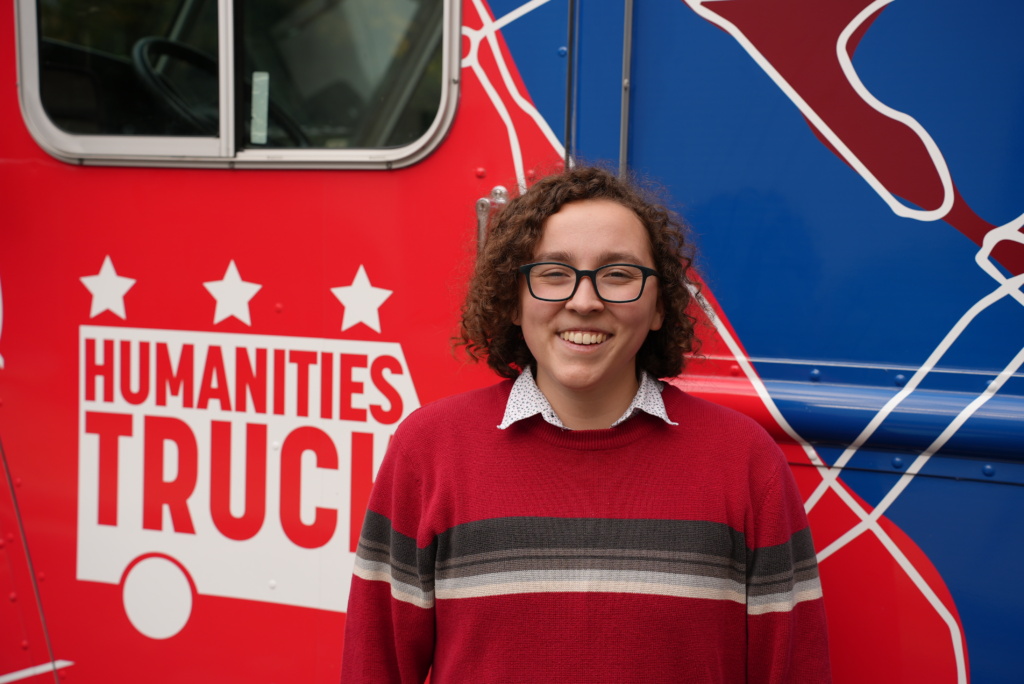

Corinne Davenport
Corinne Davenport earned an MA in public history from American University, and a BA from Sarah Lawrence College majoring in history with a minor in film production. Their main academic interests are nationalism and queer history, and they they also work at the Military Women's Memorial as a Memorial Associate and Collections Liaison. Being from Seattle, they are always happy to talk about how much they like the rain, the Seattle Sounders and Reign, and how much better coniferous forests are.
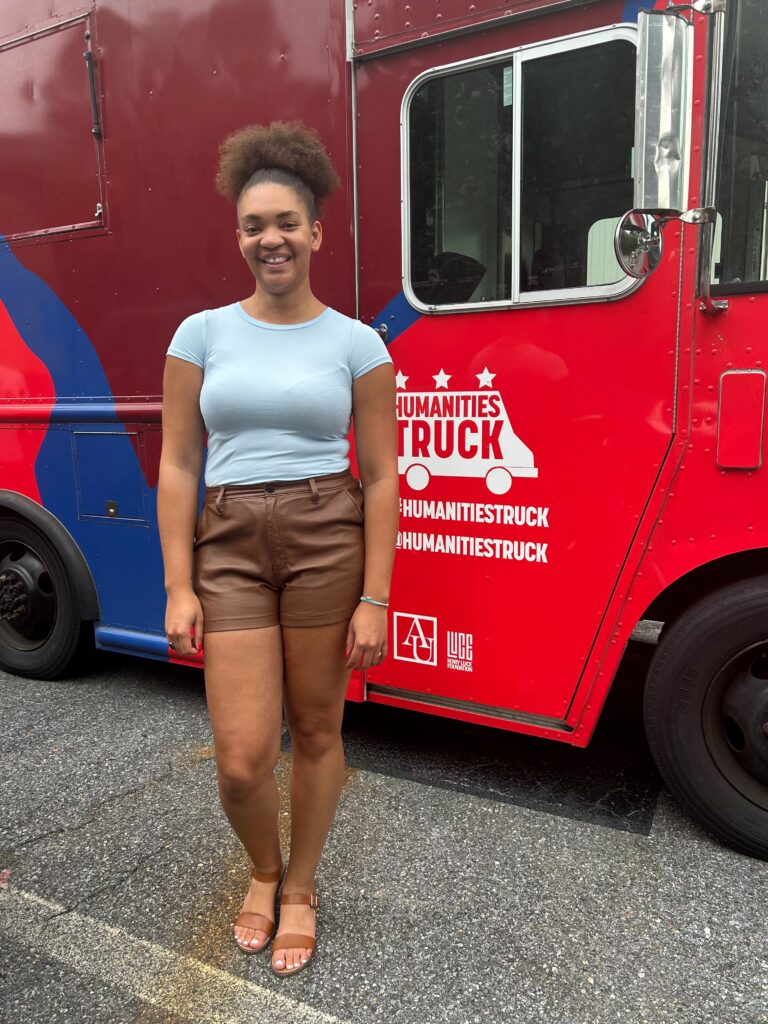

Inaya Rivera
Inaya Rivera is from Jacksonville, North Carolina, and received a BA in Public History with a minor in French from Meredith College. Inaya is currently a graduate fellow for the Humanities Truck. During her time at Meredith, she was a member of the Intervarsity Christian Fellowship, worked as an intern with the college library archives, and spent time working on various undergraduate research projects. After graduating, Inaya worked part-time for Durham Parks and Recreation as one of their Historic Site Interpreters and as a Behavioral Technician providing ABA Therapy to children with autism. Besides history, Inaya enjoys spending time outdoors, reading, cooking, and playing with her 4-year-old dog Cowabunga.
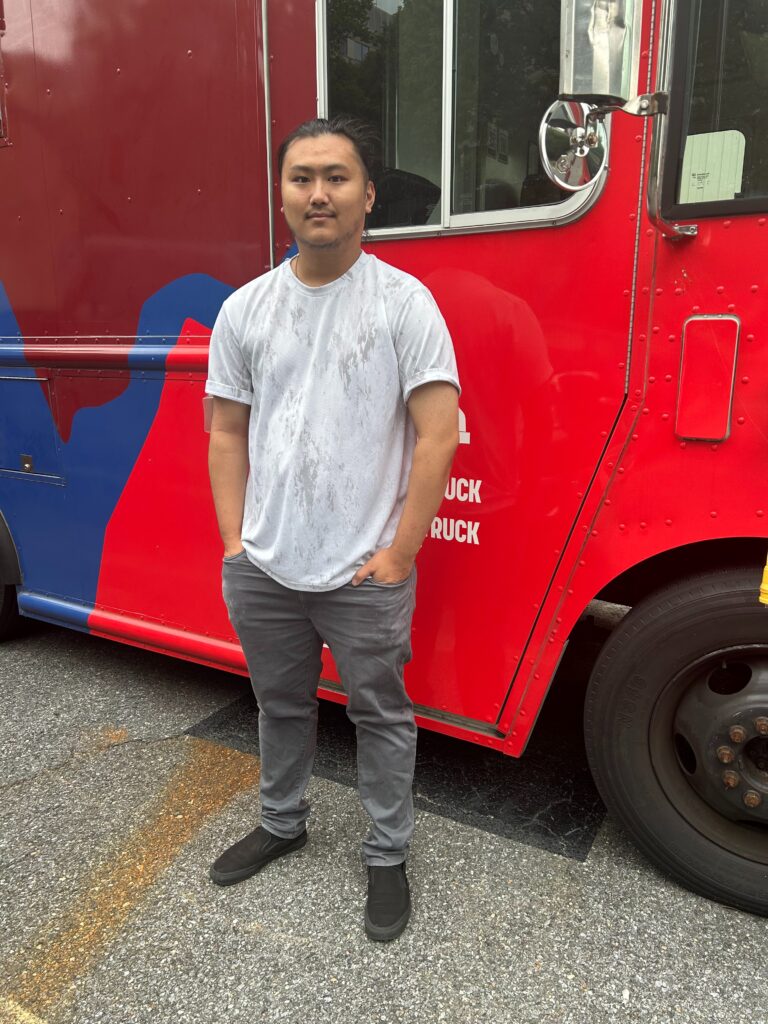

Daiki Tsumagari
Daiki Tsumagari is a first-year Master’s student in American University’s Public History program. He is a Boston University alumnus with a B.A. in History and a minor in Anthropology. He is a Japanese American born in Washington D.C. but grew up in Singapore and Japan, and is academically interested in modern Japanese history, Japanese American history, and urban history in the late 19th and 20th centuries. In his free time, he is a die hard Washington Capitals fan (he has not been okay since 2018).


Madison Weber
Madison Weber is from St. Johns, Michigan, and received her B.S. in Public History from Central Michigan University. In her spare time, Madison enjoys sight-seeing, reading, and watching the Lions play football and the Maple Leafs play hockey.


Ethan Norris-Weber
Ethan Norris-Weber is a first-year master's student in Public History at American University. He received a BA in History and Public History with a minor in Spanish at North Dakota State University. While attending American, Ethan hopes to study the urban history of DC, using oral history skills to create more holistic narratives. He grew up in Minneapolis, Minnesota and enjoys running and biking the parks trails there. He looks forward to doing the same here, in DC.


Claire Berlin
Claire is a member of the Public History concentration within the History MA at American University. She is a graduate of the College of Wooster with a BA in History and minors in both German Studies and English. Claire's academic interests include museum and archival studies, and the intersection between historical events and literary interpretation. Claire's senior Independent Study (I.S.) thesis, "Into the Mythopoeia of J.R.R. Tolkien and C.S. Lewis: Exploring Memories of War through Fantasy Literature," explores this intersection via an historical lens, connecting the experiences of Tolkien and Lewis as soldiers during World War I to the construction of their literary ideologemes in The Lord of the Rings and The Chronicles of Narnia, respectively.
2023-2024 Project Fellows
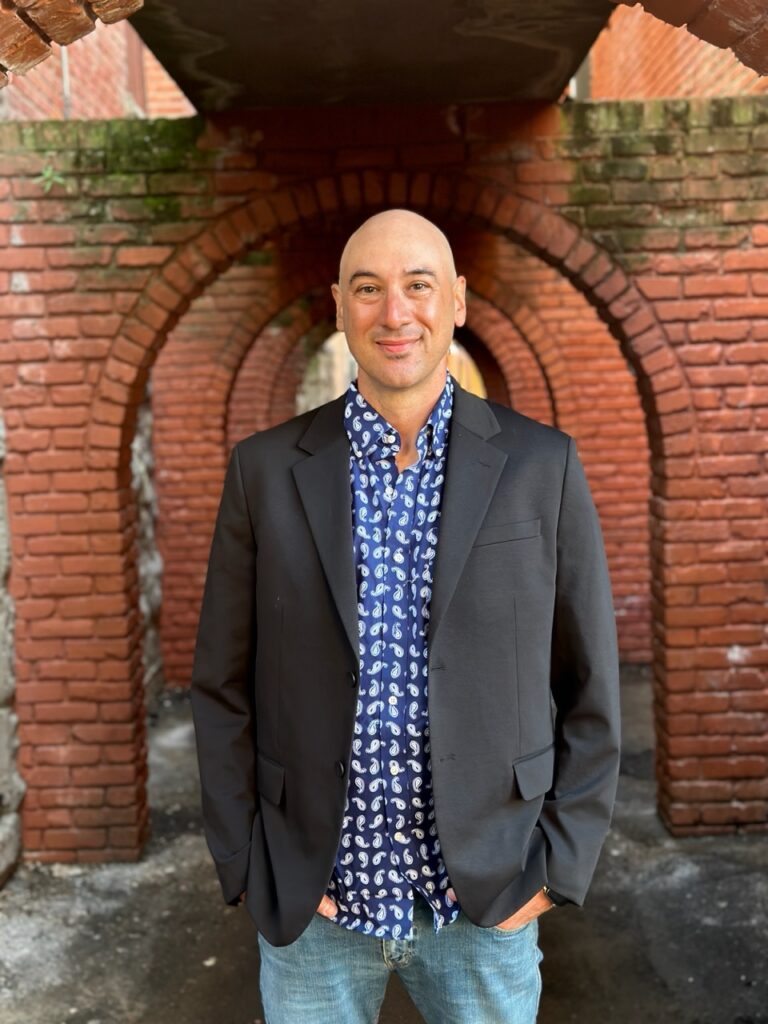

Aram Sinnreich
Dr. Aram Sinnreich is a media professor, author, and musician. Originally from Brooklyn NYC, he currently lives with his wife and musical partner Dunia Best in the Washington, DC area.
Sinnreich is a professor at American University's School of Communication, where he currently serves as Chair of Communication Studies. His work there focuses on the intersection of technology, law, and culture, with an emphasis on subjects such as music, data surveillance, and copyright. As an author, Sinnreich writes both nonfiction and fiction books, often on themes related to his research, including music and technology. As a novelist, he collaborates with his sister, Rachel Hope Cleves, using the shared pseudonym R.A. Sinn. He has also written articles for outlets including The New York Times, Wired, Billboard, and The Daily Beast. His newest books are A Second Chance for Yesterday (sci-fi; Solaris, 2023) and The Secret Life of Data (nonfiction; MIT Press, 2024).
As a musician, Sinnreich plays bass, percussion, and guitar. As a composer in styles such as jazz, reggae, and soul, he has been a finalist in the John Lennon Songwriting Competition (2014) and the Bernard/Ebb Songwriting Award (2020). His song "It's Never Easy, Si," performed with his group Dunia & Aram, reached #2 on the World Independent Music radio charts in 2023.
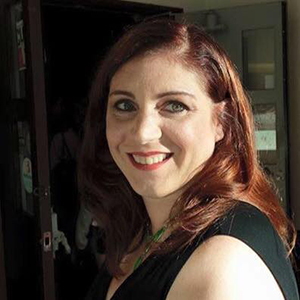

Brigid Maher
Brigid Maher is a tenured full professor in the School of Communication. She is also a Senior Fellow at the Community Voice Lab at American University and Founder and Creative Director of the Anacostia Youth Media Festival. She is an award-winning documentary filmmaker focusing on women, from women’s issues in the Middle East to women’s health and beyond. She recently completed the documentary Experimental Curator: The Sally Dixon Story (2022), about a little-known pioneer in the male-dominated art world who transformed experimental cinema by helping film artists make it and the public see and understand it. Recently the film premiered at the Ann Arbor Film Festival, which is the oldest and most prestigious experimental film festival in the United States. The film also broadcast on public television across the country during Women’s History month.
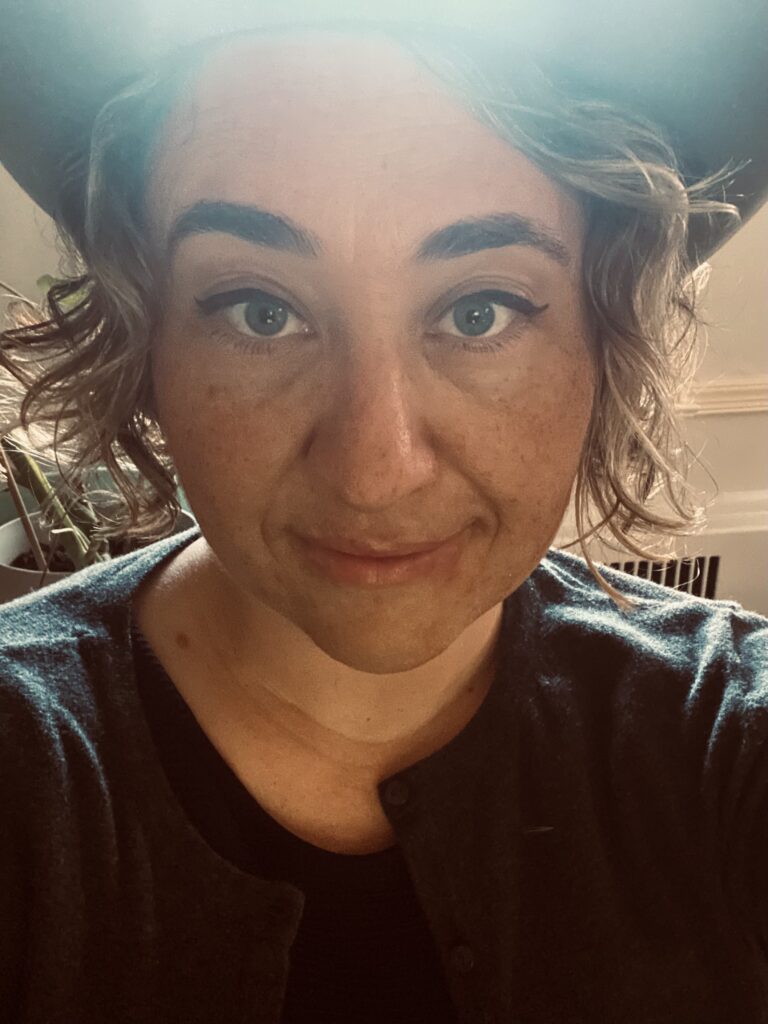

Christina Juhász-Wood
Dr. Christina Juhász-Wood is a Professorial Lecturer in the Department of Critical Race, Gender & Culture Studies at American University in Washington, D.C. She is the daughter of a refugee; her scholarship has focused on refugee resettlement to the US Southwest. She has conducted interviews with and analyzed art created by Southeast Asian refugees and their families to the city of Albuquerque, New Mexico. She situates this work within the broader context of colonial racial capitalism and militarization in the Southwest, highlighting cross-racial and cross-cultural solidarity-building for decolonization and demilitarization. She teaches courses on Critical Refugee Studies and Settler Colonial Studies.
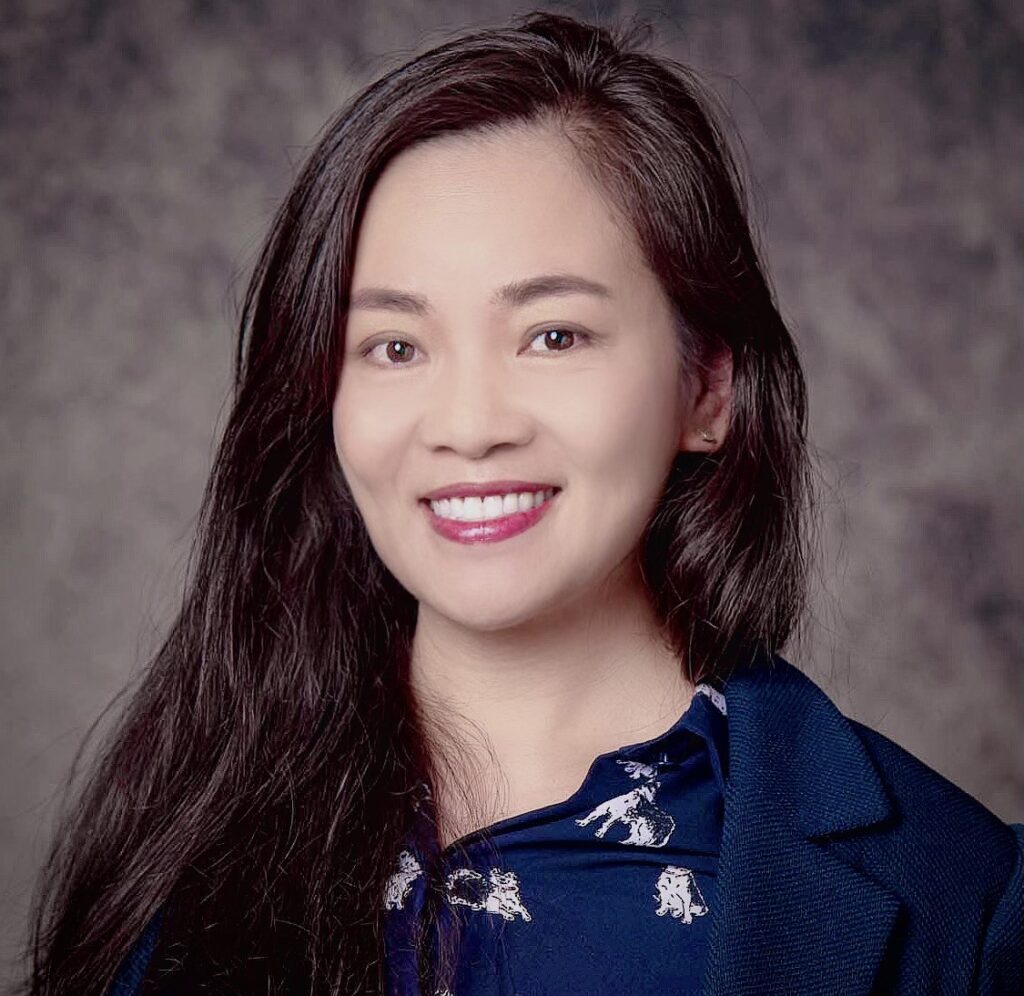

Quynh H. Vo
Dr. Quynh H. Vo is a professorial lecturer in the Department of Critical Race, Gender, and Cultural Studies at American University in Washington, D.C. Her research projects focus particularly on transnational Asian American politics and aesthetics, power and revolution, race, gender, and sexuality, as well as US empire, migration, and neoliberalism. Dr. Vo is the co-author of The Making of Little Saigon: Nostalgia, (Dis)enchantment, and Aspirations, in which the authors chronicle stories of community building, social engagement, and relationships between Vietnamese American generations of refugees and immigrants residing in Little Saigon, Orange County, California, by interviewing subjects working in different professions and providing recent records about their sociopolitical evolvement over time. The book is sponsored by the Asia-Pacific Economic Cooperation (APEC) Studies Center and the Pacific Research Institute for Information Systems and Management (PRIISM) and is forthcoming in 2024.
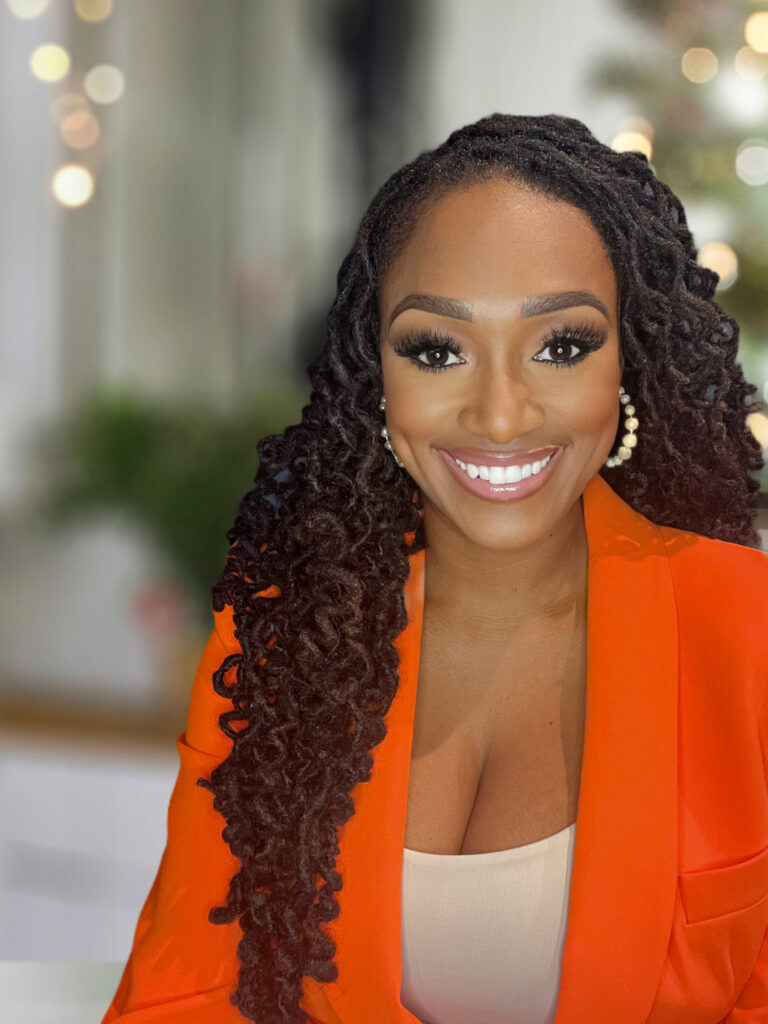

Kernysha L. Rowe
Kernysha L. Rowe, PhD is an Assistant Dean of Students, Adjunct Professor, and people and culture thought leader. Dr. Rowe is passionate about Black women, specifically the ways Black aesthetics shapes Black experiences. Dr. Rowe has spent the past ten years working in higher education supporting students in residence life, leadership development, and student conduct. Dr. Rowe is a second-generation British Jamaican citizen, who later immigrated to the U.S. She has a strong desire to elevate the voices and experiences of women of the African Diaspora. Dr. Rowe’s award-winning dissertation, Crowning Glory: Exploring the narratives of Black women with natural hair and hair texture during the construction of professional identities as medical and law professionals, as well as her role as advisor of AU’s newly minted Multicultural Student Organization was the catalyst for The Black Hair Experience Truck.
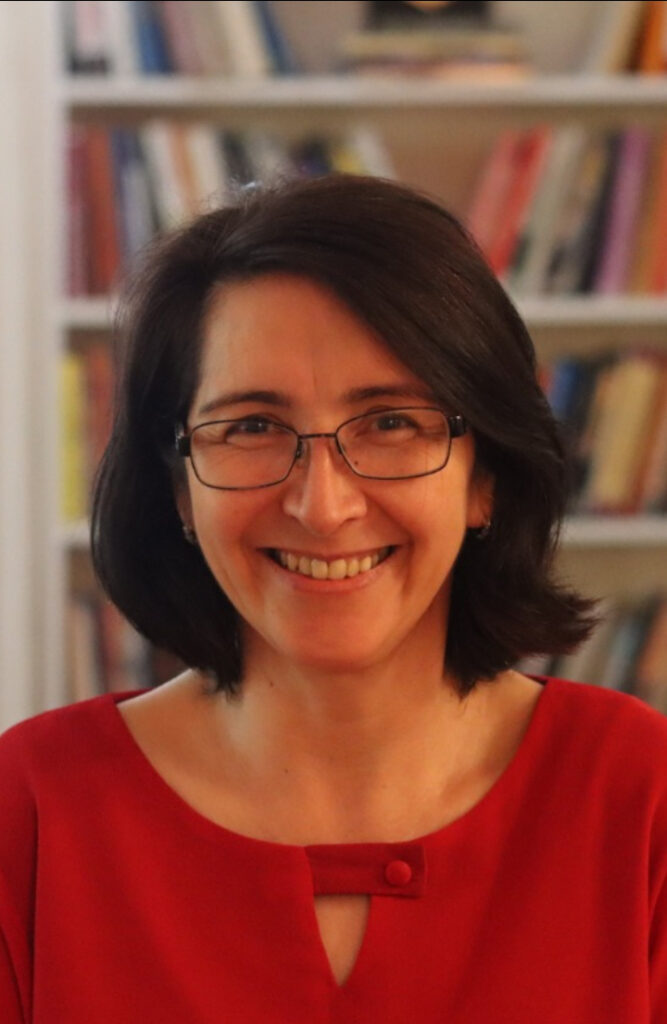

Ludy Grandas
Ludy is a senior professorial lecturer at the Department or World Languages and Cultures. Her teaching focuses on Latin American studies of Culture, Latinx populations in the DMV, as well as Spanish language. For her courses, she does research on labor, migration, immigrant labor, and cultural studies as practiced in Latin American. As for her connection with the community, for several years she collaborated with the Latin American day laborer community in DC. Alongside Trabajadores Unidos of Washington, DC, she brought day laborers to AU and AU students to the community. Together they completed several interesting projects. She has focused on a community-based approach in several of her courses. Ludy has been a Humanities Truck Fellow three times!
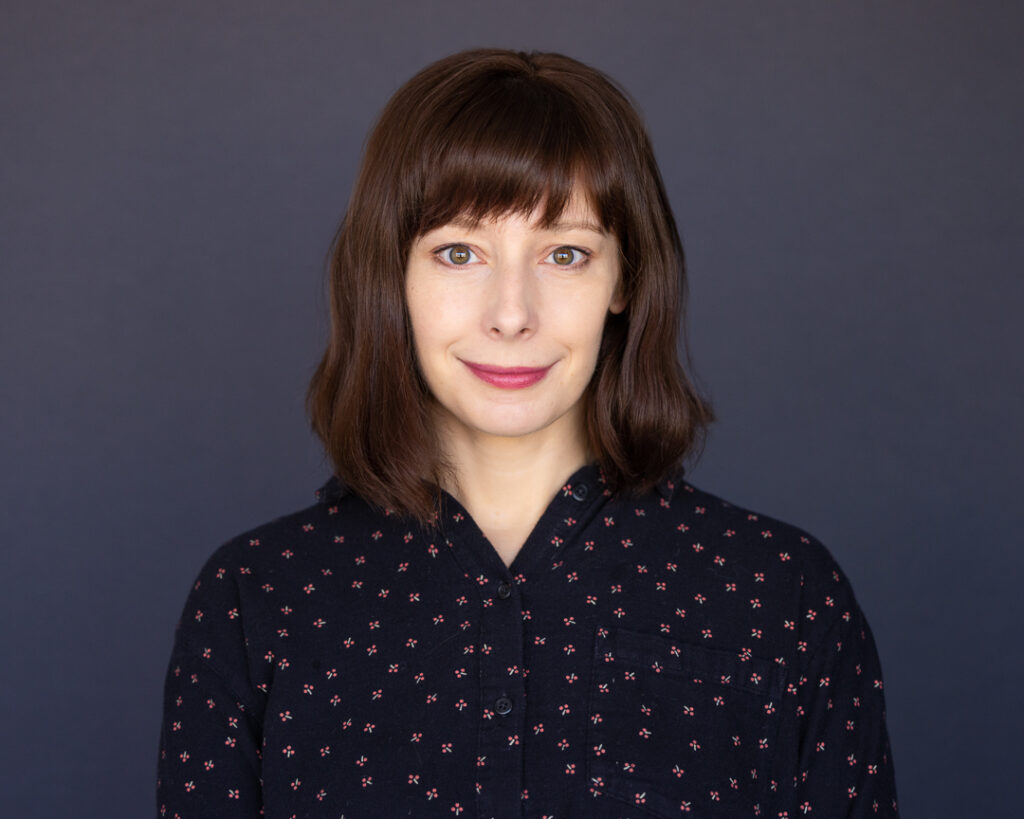

MJ Rymsza-Pawlowska
MJ Rymsza-Pawlowska researches and teaches U.S. cultural history and public history theory and practice. She is the author of History Comes Alive: Public History and Popular Culture in the 1970s (UNC Press, 2017) as well as numerous articles in scholarly and general interest publications. As part of her public history practice, MJ is currently on the Board of Directors at Humanities D.C. and Scholar-In-Residence at the Heurich House Museum. MJ also serves on the editorial board of Washington History magazine and as series editor of the National Council on Public History and National Park Service’s 250th Commemoration Scholars' Forums. MJ was born in Wrocław, Poland, but grew up in DC’s Brookland neighborhood. In her spare time, she enjoys bicycling, visiting galleries and museums, and exploring the DMV.

